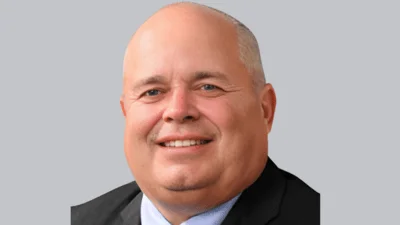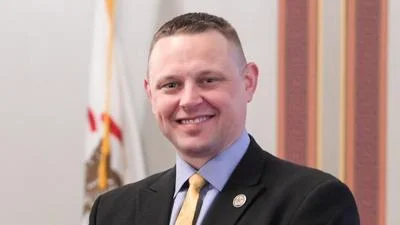Any Illinois resident who wants to purchase firearms, ammunition, tasers or stun guns must own a valid FOID card. | repchesney.com
Any Illinois resident who wants to purchase firearms, ammunition, tasers or stun guns must own a valid FOID card. | repchesney.com
During a Joint Committee on Administrative Rules meeting, Republican lawmakers questioned the Illinois State Police (ISP) over their claim that they had no authority to deny a Firearm Owners Identification (FOID) card to the alleged Highland Park shooter, Capitol News Illinois reported.
On July 4, there was a mass shooting during an Independence Day parade in Highland Park, Illinois. The shooting occurred in the morning, about 15 minutes after the parade had started. Seven people were killed, and 48 others were wounded in the Highland Park shooting.
The alleged shooter, Robert Crimo III, had applied for a FOID card in 2019 to enable him to buy guns, only three months after someone filed a clear-and-present danger report because Crimo had threatened to "kill everyone." Crimo was not arrested after that event, and although the Highland Park police forwarded the report to ISP, ISP disregarded it because Crimo did not have a FOID or a pending application at that time. ISP stated at the meeting that its hands were tied because of rules in place during that time.
Several weeks after the July 4 shooting, ISP put out a new security regulation saying that it will maintain clear-and-present danger reports, even if the subject of the report does not have a FOID or a pending application. During the Joint Committee meeting, the rule was permitted to remain. State law permits local law enforcement officials and school administrators to file "clear and present danger" reports with the Illinois State Police (ISP) in the event that they believe someone, "if granted access to a firearm or ammunition, pose an actual, imminent threat of substantial bodily harm to themselves or others," according to the form, NBC Chicago reported.
ISP can then reject a FOID card application if the person has submitted one, or revoke a FOID card that has already been issued. In September 2019, Highland Park police sent a clear-and-present danger report to ISP pertaining to the alleged July 4 mass shooter, after the young man threatened to "kill everyone" in his home.
Local law enforcement collected 16 knives, a dagger and a samurai blade from the suspect's home, but then gave them back later in the day, according to NBC Chicago. Several months after that incident, the suspect filed a FOID application, which was granted. He later bought five weapons legally over the next two years. Following a 2019 mass shooting at an Aurora workplace that left six people dead and five police officers injured, Gov. J.B. Pritzker (D-IL) signed measures into law aimed at changing the state's gun control processes.
The law, which went into effect on Jan. 1, provided funding and established a task force to help with confiscating firearms from people who have had their FOID cards revoked, according to Du Quoin Call. The bill also charged the state police with monitoring state and federal databases of gun-related crimes to identify people who should not be allowed to own firearms. In an opinion piece for Real Clear Politics, Republican candidate for Illinois Attorney General, Thomas DeVore, expressed disappointment over the increase in violent crimes in Chicago and its suburbs and concern that the implementation of the SAFE-T Act in January 2023 will contribute to an even greater increase in crime, calling the bill "anti-police, pro-criminal."
DeVore attacked Cook County State's Attorney Kim Foxx (D) and incumbent Attorney General Kwame Raoul (D-IL) for backing policies that led to more violent criminals being released onto the streets. EveryTown For Gun Safety ranks Illinois' gun control laws the sixth-strictest in the country, noting the requirement for background checks on all gun sales and an Extreme Risk law.
More than 1,000 people in Illinois are killed as a result of gun violence every year. There have been 444 murders and 1,885 shooting incidents reported in the city of Chicago this year, as of Aug. 28, according to data from the Chicago Police Department.






 Alerts Sign-up
Alerts Sign-up